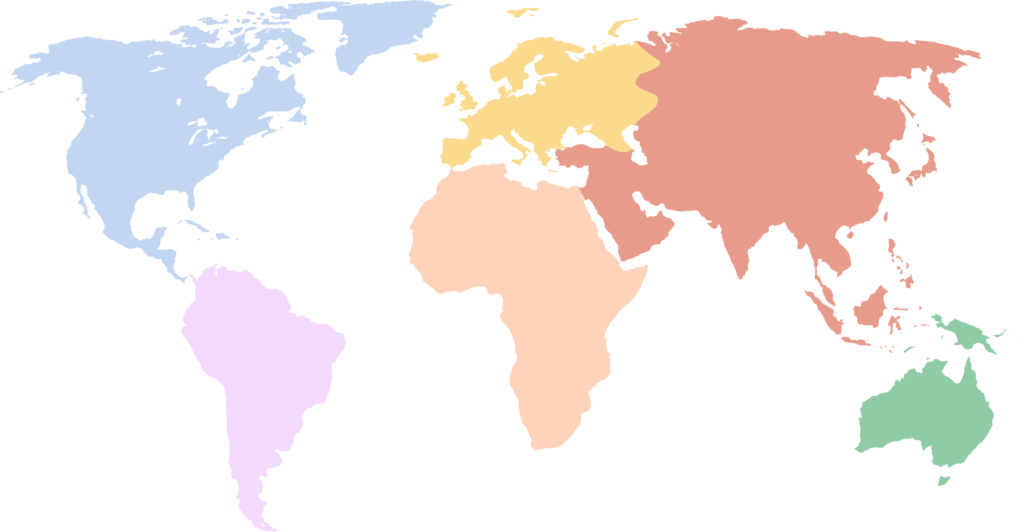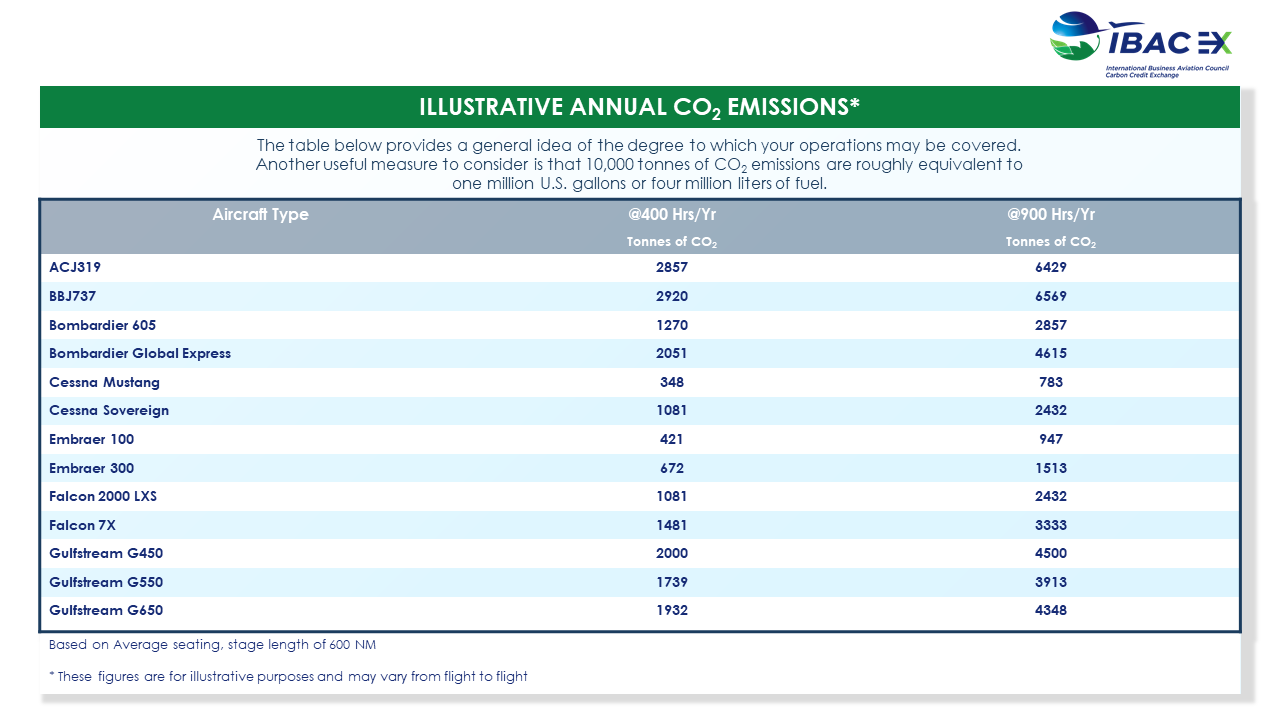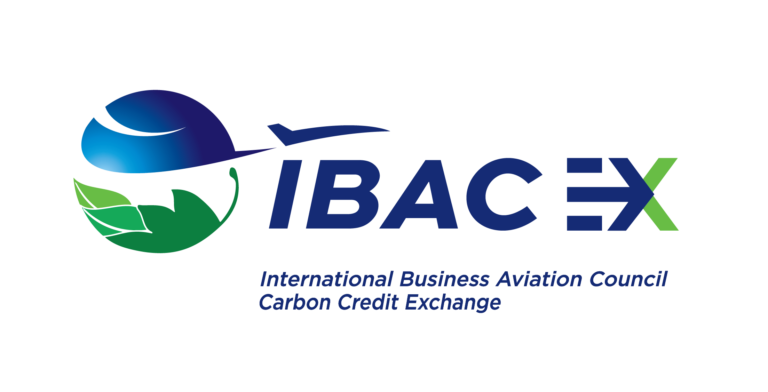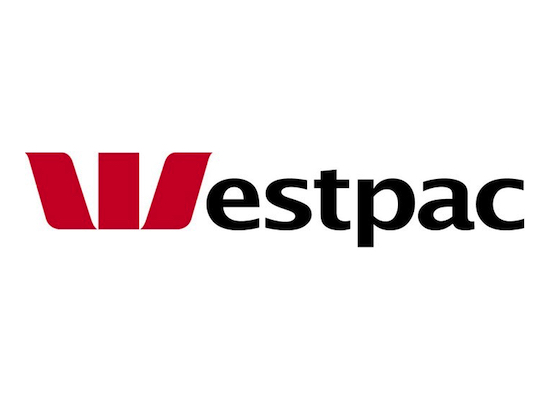Business Aviation Carbon Offsetting
via the World's First Electronic Exchange for Carbon Credits
Business Aviation’s Resource for Real-Time Carbon Offsetting
CTX & IBAC Strengthening the Business Aviation Commitment on Climate Change
The International Business Aviation Council (IBAC) representing the industry of over 18,000 operators around the world through its 15 member associations on six continents has aligned with CTX to offer a seamless and transparent resource to voluntarily offset carbon emissions. IBAC and the business aviation industry have made serious carbon neutral commitments as stated in the original 2009 BACCC. Thanks to this new partnership with CTX, operators can act now by voluntarily purchasing carbon credits in real-time and choose from thousands of accredited projects that support their overall sustainability goals, which are;
Achieving carbon-neutral growth from 2020
Achieving net-zero carbon emissions by 2050 – read the declaration here
These voluntary commitments are in addition to CORSIA commercial airline and large-scale Business Aviation operators’ obligations – a voluntary industry sector initiative to increase global emission reductions.
Enabling the business aviation industry to meet the mid-term goal of Carbon-Neutral Growth (CNG) requires immediate action. Sponsoring carbon reductions allows the sector to close the gap between current actual emissions and the level at which it seeks to cap emissions until other tools and technology allow the industry to reduce its emissions below the CNG level.
Learn more about IBAC and the new Carbon Credit Exchange on their site – https://ibac.org/sustainability/carbon-credit-exchange
CTX delivers real-time, simple, and transparent solutions to mitigate, offset and reduce the industry’s carbon emissions, offering industry-leading carbon offsetting for all business aviation participants.
CTX was the first and is the only truly global fully electronic real-time exchange platform for high-quality Carbon Credits/Offsets from genuine projects around the world, fully certified and issued via all the major Voluntary Credit Standards.
Thanks to the partnership formed between CTX and IBAC, all operators with the code IBAC22 will receive a 50% discount on initial CTX membership fees and access to the most liquid, transparent, and cost-effective global marketplace for carbon offsets. Applicable for membership applications submitted by 30th November 2022.
Calculate your Carbon Use
Estimate your aircraft’s carbon emissions with the Conklin & de Decker CO2 Calculator.
![]()
This CO2 Calculator from Conklin & de Decker will assist operators calculate their specific aircraft’s emissions. It contains data for more than 450 specific aircraft models, including most business jets, turboprops, and helicopters in operation today.
Supported by and Partnered with
The Global Climate Institute visit their website here
Start your offsetting journey NOW
Sign up or Log in here
for CORSIA eligible emission units or general voluntary offsets
The Global Network of Business Aviation Associations

Australian Business Aviation Associates
https://www.abaa.com.au/
1 of 10British Business & General Aviation Association
www.bbga.aero
Irish business and general aviation
www.ibgaa.com
2 of 10National Business Aviation Associates
www.nbaa.org
3 of 10Canadian Business Aviation Association
www.cbaa-acaa.ca
4 of 10African Business Aviation Association
www.afbaa.org
Middle East & North Africa Business Aviation Association
www.mebaa.com
5 of 10JBAA
www.jbaa.org
6 of 10Asian Business
Aviation Association
https://www.asbaa.org/
7 of 10Business Aircraft Operators Association
https://www.baoa.in/ 8 of 10Brazilian Association of General Aviation
home9 of 10
European Businesaviation association France
www.ebaa.org
German Business Aviation Association
www.gbaa.de
Italian Business Aviation Association
www.ibaa.it
10 of 10A way to reduce unavoidable emissions by funding emissions reductions in a different location.
Offsetting allows us to mitigate the environmental impact of business and personal activates by providing a source of finance for carbon reduction projects, creating real and additional CO2 reductions. An offset can be achieved by purchasing and cancelling carbon credit with 1 carbon credit represents 1 tonne of CO2e reduction.
When IBAC Members purchase and offset on CTX they are directly providing the essential financial support that keeps environmental projects operational, positively affecting the effects of climate change by helping to reduce or avoid GHG emissions. This voluntarily activity also contributes to progress toward the BACCC goal of Carbon Neutral Growth.
Offsetting emissions through Carbon Trade Exchange is easy, secure and transparent. Once the operator knows its carbon footprint it takes only a few minutes to purchase carbon credits. CTX Team performs all the necessary administration work providing operators with the appropriate offsetting certificate.
CTX uses a unique online Exchange to connect members to offsets from climate projects that are certified under the world’s three leading carbon credit standards:
- Gold Standard
- Verra
- United Nations Clean Development Mechanism
Unlike other carbon credit brokers, CTX charge a transparent, fixed transaction fee on each credit purchased so you know exactly where your money is going. CTX as an exchange works directly with project developers offering the prices at the wholesale rate. There are no intermediaries between CTX and Project Developers. In fact, while offsetting your carbon footprint on CTX you can be sure that 95% of your offset purchase go directly to Project Developers.
Carbon credits finance a myriad of different environmental projects worldwide, including renewable energy; waste management; forestry and agriculture; biofuels; energy and fuels technologies; biodiversity protection; sustainable development; and ecosystem protections.
Basic fuel monitoring, which IBAC consider best practice, will allow you to calculate very quickly how much CO2 you produce and therefore how many offsets are required related to each fuel uplift and as part of the overall amount that will be required to achieve your carbon neutrality goals.
As a baseline measurement, for each unit of aviation fuel used, 3.16 units of CO2 are created.
Depending on your goals, it is entirely up to the purchaser how much of their CO2 output they would like to voluntarily offset and the table below provides an illustrative understanding of the amount of CO2 your aircraft produces based on two sets of flight hours.
To work out the number of offsets you need, it’s one simple step on from the process of monitoring your fuel use, which IBAC encourage operators to do as a recommended practice.
If you don’t already monitor your fuel, IBAC and CTX will be able to give you straightforward guidance on how to do this.
ICAO and other agencies tend to measure CO2 in metric tonnes, so it is always recommended that fuel is measured in the same way to enable you to calculate you emissions output from fuel use and be consistent with your measurement practices.
While IBAC and CTX work on a more sophisticated CO2 calculator, we recommend that measurements are done on a flight-by-flight basis and are done as follows; 1 unit of fuel burned creates 3.16 units of CO2. Therefore, if you uplift 2 tonnes of fuel, when burned, that produces 6.32 tonnes of CO2, you will require 6.32 offset units.











